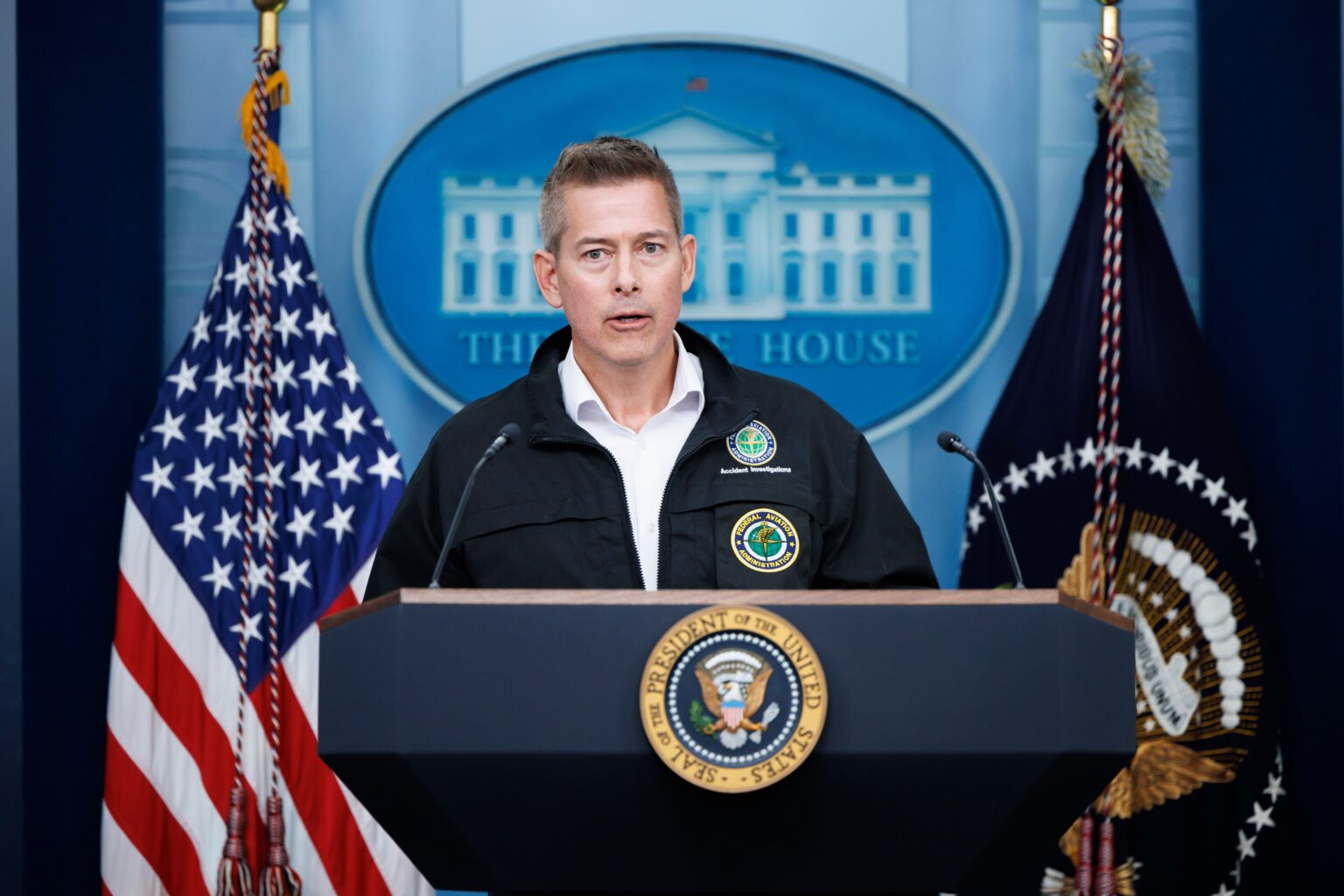On Saturday, U.S. Transportation Secretary Sean Duffy announced a series of restrictions on flights operated by Mexican carriers entering the United States. These measures, part of the so-called “America First” policy, directly respond to actions taken by the Mexican government in 2022 and 2023. Mexican officials cut flight slots for U.S. airlines and redirected cargo flights away from Mexico City’s main Benito Juárez International Airport (MEX) to the less accessible Felipe Ángeles International Airport (AIFA), over 30 miles from the city center.
According to Duffy, this relocation has broken the bilateral U.S.-Mexico air transport agreement, providing Mexican airlines with an undue competitive edge while imposing additional cost burdens on U.S. carriers. He accused the Biden administration of failing to act sooner, citing decisions by President Biden and Transportation Secretary Pete Buttigieg as complicit in letting Mexico violate the pact.
Key Measures Imposed by the U.S.
Under the new rules:
- Mexican passenger, cargo, and charter airlines must now submit all flight schedules to the U.S. Department of Transportation for approval.
- Large charter flights (both cargo and passenger) require prior U.S. authorization.
- The DOT may deny approvals for new flights from Mexican airlines until Mexico reverses or mitigates its airport slot and cargo relocation policies.
Furthermore, the DOT is considering revoking antitrust immunity from the Delta‑Aeroméxico joint venture, a partnership initiated in 2016. This move could unravel shared capacity planning, pricing agreements, and revenue-sharing arrangements. The probable outcome would preserve Delta’s flight operations and investment stake, but dissolve the cooperative elements of the alliance.
Delta‑Aeroméxico Alliance Under Threat
Delta and Aeroméxico have condemned the proposed withdrawal of antitrust immunity. The airlines warn that undoing their alliance could impact nearly two dozen flight routes and jeopardize approximately US $800 million worth of economic benefits generated through increased tourism, trade, and employment.
A joint statement from Delta and Aeroméxico emphasized that their collaboration enhances consumer options, supports jobs in both countries, and fosters competitive fares. The carriers stressed that the partnership’s termination would be detrimental to cross-border travel and businesses.
Importantly, the dissolution will not be immediate. Legal and regulatory processes mean the partnership remains intact, at least through October, giving the airlines time to contest the decision.
Rising Tensions Could Disrupt Travel And Trade Links
The consequences of these actions could extend beyond aviation. Mexican officials have not yet issued a formal public response, though diplomats in Mexico City and President Claudia Sheinbaum’s communications team have yet to comment .
The broader implications touch on trade relations and bilateral negotiations. U.S. policymakers may be using this aviation dispute as leverage in ongoing talks over tariffs and economic cooperation. Mexico is also racing to upgrade MEX ahead of the 2026 FIFA World Cup, with plans to relieve congestion that could underpin a formal rebuke from U.S. officials.
In the meantime, American travelers and businesses may feel the effects of reduced flight frequencies and higher ticket prices—especially if U.S. airlines scale back services to Mexico.


